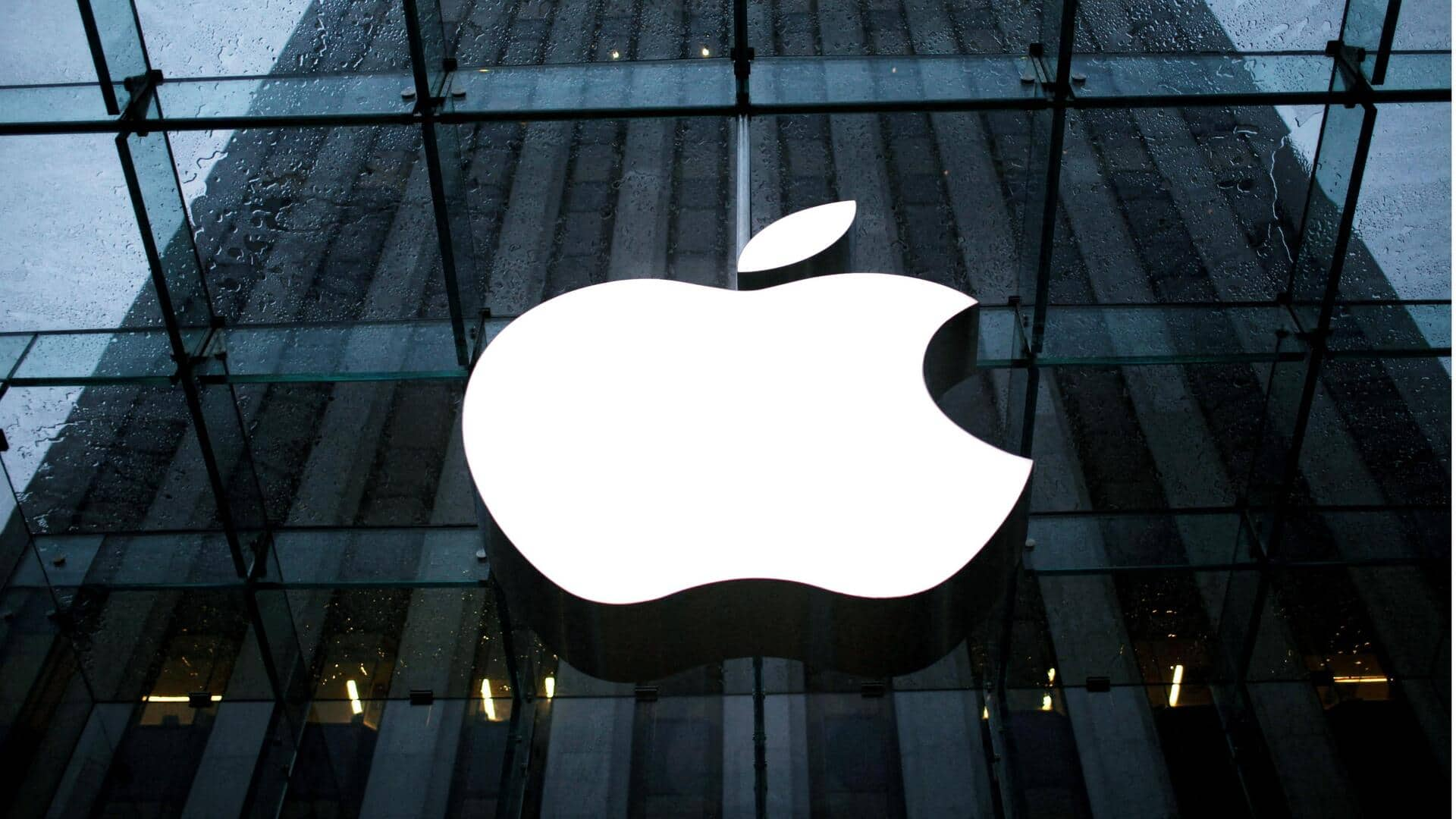
After France, Belgium investigates Apple's iPhone 12 radiation concerns
What's the story
Apple seems to be facing some trouble in European countries with the iPhone 12.
Belgium has announced plans to review the potential health risks associated with the device after France halted sales due to breaches of radiation exposure limits.
Apple asserts that the device was certified as radiation-safe by several international bodies.
While the Cupertino-based brand disputes the French and Belgian proceedings, other European countries continue to closely monitor the situation.
Details
Mobile phone health risks: A long-standing debate
The debate over the potential health risks of mobile phones has persisted for two decades, with numerous studies conducted to assess the risks.
The World Health Organization states that no adverse health effects have been discovered as being caused by mobile phone usage.
However, France's decision to halt iPhone 12 sales has raised the prospect of further bans in Europe, despite industry experts claiming no safety risks exist due to regulatory limits being set well below harmful levels.
Insights
How other European countries have reacted to France's ban
Following France's decision to halt iPhone 12 sales, Belgium will review the device's potential health risks.
Germany's network regulator BNetzA will examine the issue if France's ban goes ahead.
Italy is monitoring the situation without taking action for now, while the UK, where the device met radiation safety standards upon release, hasn't announced any plans.
The Dutch digital watchdog is looking into the matter, and in Spain, the consumers' association OCU is urging authorities to follow France's move.
Information
Radiofrequency fields: Potential cancer link
Some studies suggest a link between phone radiation and cancer. The International Agency for Research on Cancer (IARC) classifies radiofrequency electromagnetic fields, emitted by smartphones, as "possibly carcinogenic to humans." Nonetheless, regulatory limits are set well below levels where scientists have found evidence of harm.